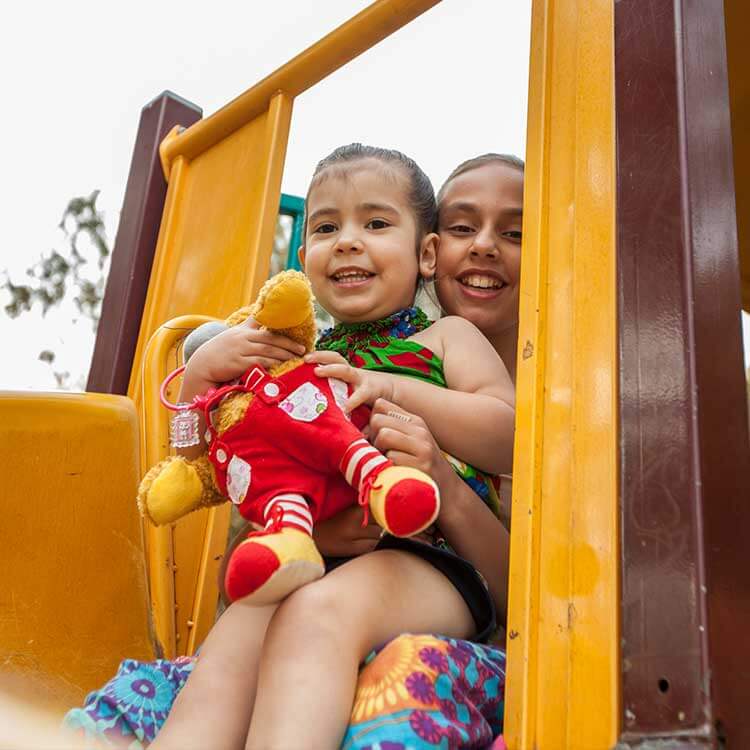Search

News & Events
Embracing the mental health of our children and young peopleEmbrace – a new research collaboration based at The Kids – will bring a new focus to understanding and improving the mental health of children and young people.

News & Events
NHMRC grants to benefit vulnerable and disadvantaged children and young peopleTwo leading The Kids Research Institute Australia researchers will use more than $1.1 million in National Health and Medical Research Council funding to improve outcomes for some of the world’s most vulnerable children and young people.

News & Events
Australian researchers join international project to curb unhealthy lifetime trajectoriesAustralian researchers join global effort to better understand how events during pregnancy and childhood influence the development of disease later in life.
Research
Development of a universal aftercare model for people who have presented to the emergency department for a suicidal crisis in WAThe Mental Health Commission (MHC) of Western Australia has provided funding to The Kids Research Institute Australia to undertake exploratory research to inform a WA approach to aftercare.
Research
GPS Parenting Program. Navigating parenting trans and gender diverse young people with a group-based program: A single-blind randomised controlled trial of efficacy and acceptability.Many families of trans young people tell us they feel unsure, stressed, or alone as they try to support their child.
Research
The Facilitation of Acceptance in Trans and Gender Diverse Young PeopleHelen Yael Morgan Perry BA (Hons), Doctor of Psychology BPsych (Hons) MPsych (Clin) PhD Senior Project Coordinator Head, Youth Mental Health 08 6319

News & Events
Healthway supports innovative mental health, physical activity research at The KidsThe Kids Research Institute Australia and The University of Western Australia researchers have been awarded more than $1 million in funding from Healthway, for projects to improve the mental health of LGBTQA+ young people, encourage early physical activity in childcare centres and create healthier local environme
Research
Cannabidiol for at risk for psychosis youth: A randomized controlled trialNo biological treatment has been firmly established for the at-risk stage of psychotic disorder. In this study we aim to test if subthreshold psychotic symptoms can be effectively treated with cannabidiol (CBD), a non-psychoactive compound of the plant Cannabis sativa.
Research
Toxoplasma gondii, Herpesviridae and long-term risk of transition to first-episode psychosis in an ultra high-risk sampleUltra high-risk (UHR) criteria were introduced to identify people at imminent risk of developing psychosis. To improve prognostic accuracy, additional clinical and biological risk factors have been researched.
Research
Options and realities for trans and gender diverse young people receiving care in Australia's mental health system: findings from Trans PathwaysTrans and gender diverse young people experience mental health difficulties self-harm and suicidality at markedly higher rates than the general population, yet they often feel isolated from mental health services. There is little qualitative research on the experiences of trans and gender diverse young people accessing mental health support in Australia.
